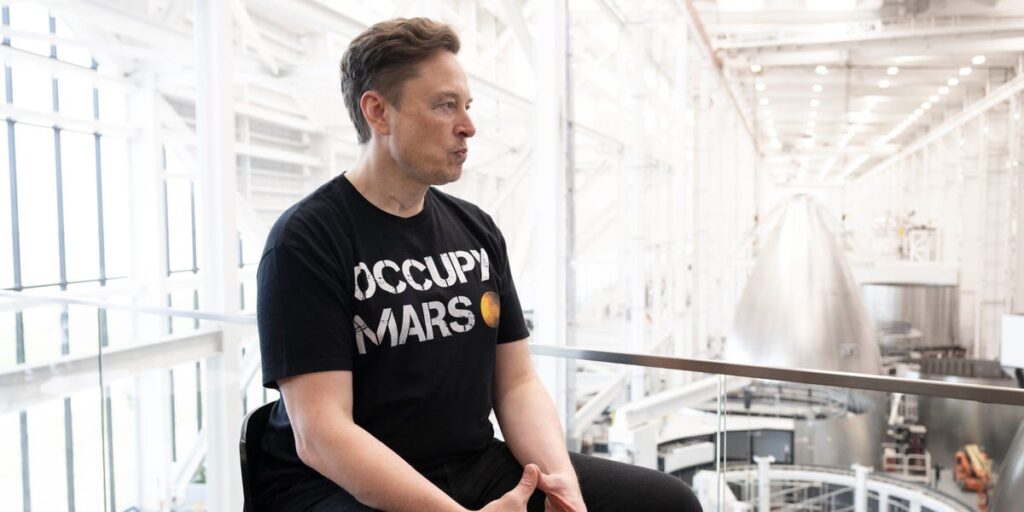AI is increasingly becoming the backbone of Musk Inc.
Recently, Elon Musk revealed two potential avenues to secure funding for his AI venture, xAI, utilizing his broader business empire. Over the weekend, Musk mentioned that Tesla shareholders would vote on a possible investment in xAI, following a Wall Street Journal report about SpaceX considering a $2 billion investment in the AI company. Earlier, Musk also announced that xAI’s chatbot, Grok, would be integrated into Tesla vehicles by next week.
Musk’s commitment to AI comes as no surprise; he has highlighted its importance during Tesla’s earnings calls over the past year. Analysts point out that Musk’s strategy differs from traditional practices by intertwining his private companies with Tesla, a public entity.
Garrett Nelson, senior VP at CFRA Research, noted that this interplay is unique, as most companies operate under a single corporate umbrella. Musk’s approach reflects a trend of using his interconnected businesses to bolster AI initiatives.
Musk has long advocated for Tesla’s emphasis on AI and robotics through projects like autonomous driving and humanoid robots while developing the Dojo supercomputer in a bid to compete with Nvidia. He declared, “We should be thought of as an AI robotics company,” urging a shift in perspective about Tesla’s identity beyond an auto manufacturer.
The recent launch of Tesla’s robotaxi service in Austin underscores this AI-centric vision, particularly as the company faces challenges in its traditional auto business. Musk has promoted the concept of the “Muskonomy” to entice shareholders, indicating that they could benefit from investments in his various ventures, including SpaceX, X, and The Boring Company. He suggested prioritizing investors who support his businesses if any were to go public.
Nelson believes that leveraging resources across his companies could help Tesla address its substantial AI demands for autonomous driving. However, while pooling resources might enhance the Musk ecosystem, it also carries risks. Grok recently faced backlash for antisemitic comments on X, raising concerns among potential investors about its integration into Tesla’s EVs.
Despite these controversies, Musk appears determined to separate Tesla and xAI for now, dismissing notions of a merger. In response to a shareholder inquiry about combining the two, he simply stated, “No.”
Investing in AI initiatives is strategic but costly. Developing foundational AI systems like Grok 4 requires significant financial resources. Musk announced that xAI was valued between $33 billion and $80 billion following its acquisition of X in an all-stock deal. Despite raising approximately $12 billion last year, xAI is projected to spend around $13 billion this year, quickly depleting its cash reserves.
Musk’s financial challenges mirror those faced by other leaders in the AI space. OpenAI has expressed concerns about being outpaced by better-funded competitors. Larger tech companies such as Amazon, Microsoft, Google, and Meta continue to ramp up their AI investments, with estimates indicating a collective capital expenditure exceeding $320 billion in 2025.
Amid this competitive environment, Meta’s recent commitment of “hundreds of billions” to infrastructure for AI development indicates that the stakes are higher than ever. Wall Street seems to favor aggressive spending, emphasizing the importance of staying ahead rather than the dangers of overspending.


